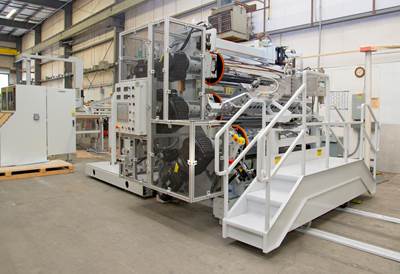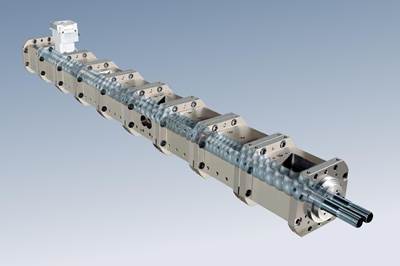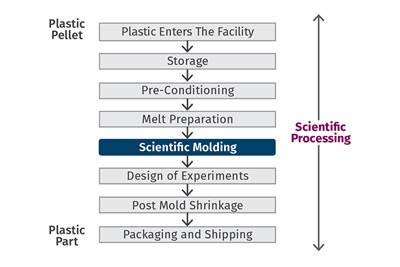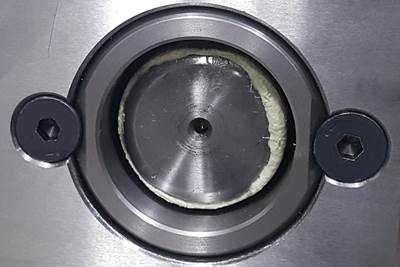Know-How
Bulk, Solid and Melt Density: How to Calculate These Values and Why They Matter — Part 1 of 2
How much resin is contained within a bucket, gaylord or hopper? That depends on the bulk density — a figure you need to learn how to calculate due to its impact on everything from storage and conveying to drying and molding.
Read MoreHow to Select the Right Cooling Stack for Sheet
First, remember there is no universal cooling-roll stack. And be sure to take into account the specific heat of the polymer you are processing.
Read MoreHow to Configure Your Twin-Screw Barrel Layout
In twin-screw compounding, most engineers recognize the benefits of being able to configure screw elements. Here’s what you need to know about sequencing barrel sections.
Read MoreWhat's Restricting My Output Rate?
In a single-screw extruder, it could be an improperly designed barrier flighted entry section. Here’s why.
Read MoreImportant Factors and Approaches to Estimating Residence Time in Injection Molding
Residence time can have a dramatic impact on part quality and production efficiency but determining its value can be tricky. Use these methods and formulas to accurately measure residence time and enable it to inform everything from scheduling jobs to optimizing a process.
Read MoreA Systematic Approach to Process Development
The path to a no-baby-sitting injection molding process is paved with data and can be found by following certain steps.
Read MoreWhat You Need to Know About Leader Pins and Bushings
There’s a lot more to these humble but essential mold components than you might suspect. Following the author’s tips could save much time, money and frustration.
Read MoreHow to Decrease the Extrudate Temperature in Single-Screw Extruders
In many cases, decreasing the discharge temperature will improve product quality and perhaps even boost rate. Here are ways to do it.
Read MoreGet the Most From Fiber-Reinforced Thermoplastic Composites Parts
There are five specific areas that designers and manufacturers need to consider to realize the potential of these unique materials.
Read MorePolymer Science for Those Who Work With Plastic — Part 1: The Repeat Unit
What are the basic building blocks of plastics and how do they affect the processing of that material and its potential applications in the real world? Meet the repeat unit.
Read More









